Special Report
America's Most Hated Companies

Published:
Last Updated:

No matter what industry a company is in, its most important asset is its reputation. Companies can spend millions of dollars each year on public relations, advertising, and brand research. A scandal, failed product rollout, or any misstep that draws the public’s ire can cost businesses millions, or even billions, of dollars.
24/7 Wall St. reviewed major news events from the last year, customer survey results from the American Customer Satisfaction Index, ratings on employee review website Glassdoor, and more, to determine America’s most hated companies.
Many of the companies on this list are in sectors that are generally more disliked. Airlines and cable companies are among the most widely despised industries, so it makes sense that the least liked companies in these areas will rank as the least liked companies overall.
Other companies made the list because of the conduct of its leadership teams. Throughout 2018, numerous corporations had the bad behavior of those in upper management exposed. In some cases, corporations concealed important information about the company from investors and consumers. In others, employees came forward as part of the #MeToo movement and exposed cultures of sexual harassment by powerful corporate executives.
To identify the most hated companies in America, 24/7 Wall St. reviewed a variety of metrics on customer service, employee satisfaction, brand value, and financial performance. We considered consumer surveys from a number of sources, including the American Customer Satisfaction Index (ACSI). We also considered large declines in a brand’s value from sources like BrandZ and Interbrand. We also reviewed employee satisfaction based on worker opinion scores on Glassdoor — this is not a Glassdoor commissioned report. We also accounted for current events that have impacted the public’s perception of the companies.
Click here to see America’s most hated companies.
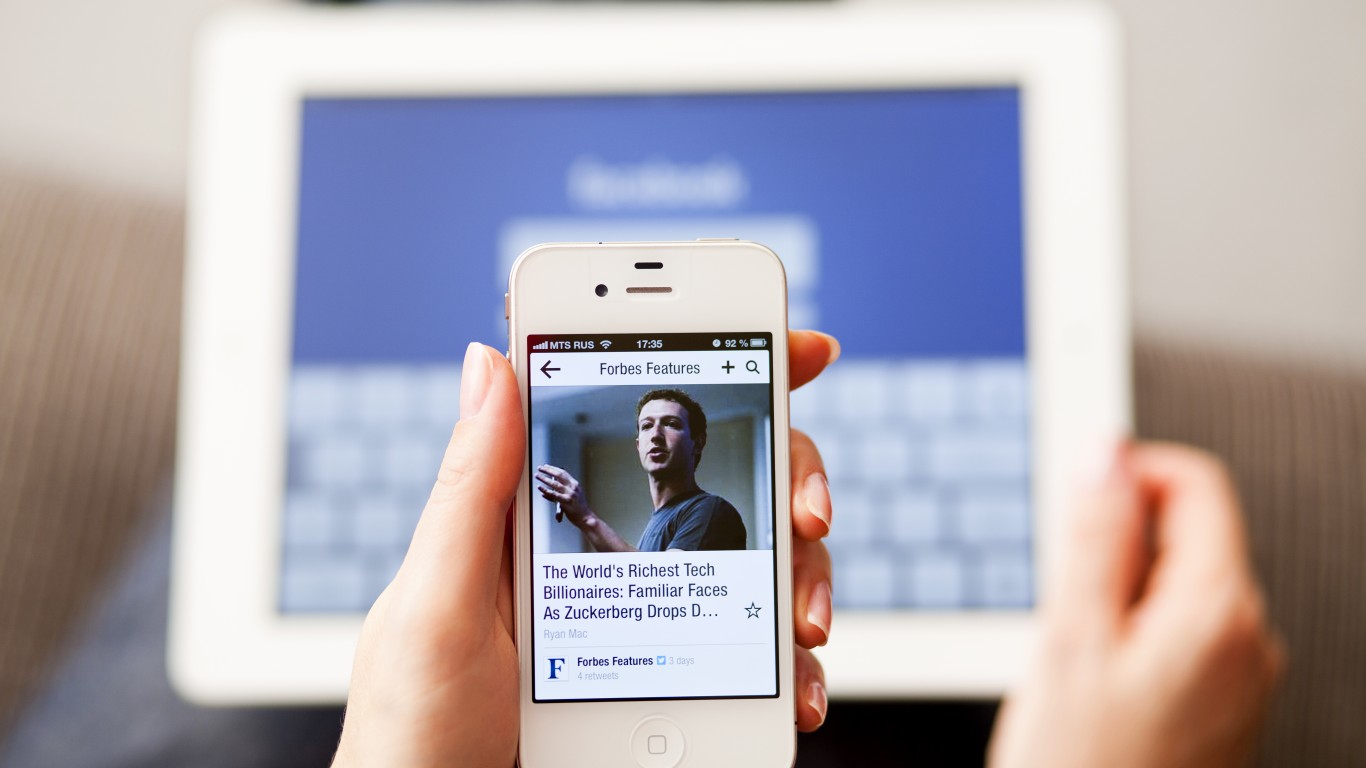
1. Facebook
In the past year, a string of public relations disasters hit social media giant Facebook. Political research firm Cambridge Analytica was improperly given access to the data of as many as 87 million users as it worked alongside the Trump campaign. Numerous stories have since trickled out about how the social media site mishandled the ways foreign countries used misinformation to influence the 2016 U.S. presidential election.
Facebook took more heat when another investigation revealed that the company contracted another firm to research and attack Facebook critic and liberal mega-donor George Soros. Soros has been a target of numerous conspiracy theories — many of which have been widely shared on Facebook.
The company was also accused of not doing enough to stem the tide of Facebook users in Myanmar promoting the ethnic cleansing of the Rohingya muslim minority group.
[in-text-ad]

2. Eli Lilly
As health care and health care affordability become a bigger issue in American politics, drug companies have been under scrutiny for how much money they charge for medication. One of the most heavily criticized companies is pharmaceutical manufacturer Eli Lilly.
Eli Lilly is one of three companies supplying the vast majority of insulin used by diabetic Americans. These companies are now under investigation after attorneys general from 20 states accused them of conspiring to artificially inflate insulin prices. From 2002 to 2013, insulin prices have tripled, and there is no less-expensive generic option as there is for many other medications. A recently passed California law requires drugmakers to announce and justify any price increases, but Eli Lilly has chosen not to comply with this law as it challenges the new legislation in court.
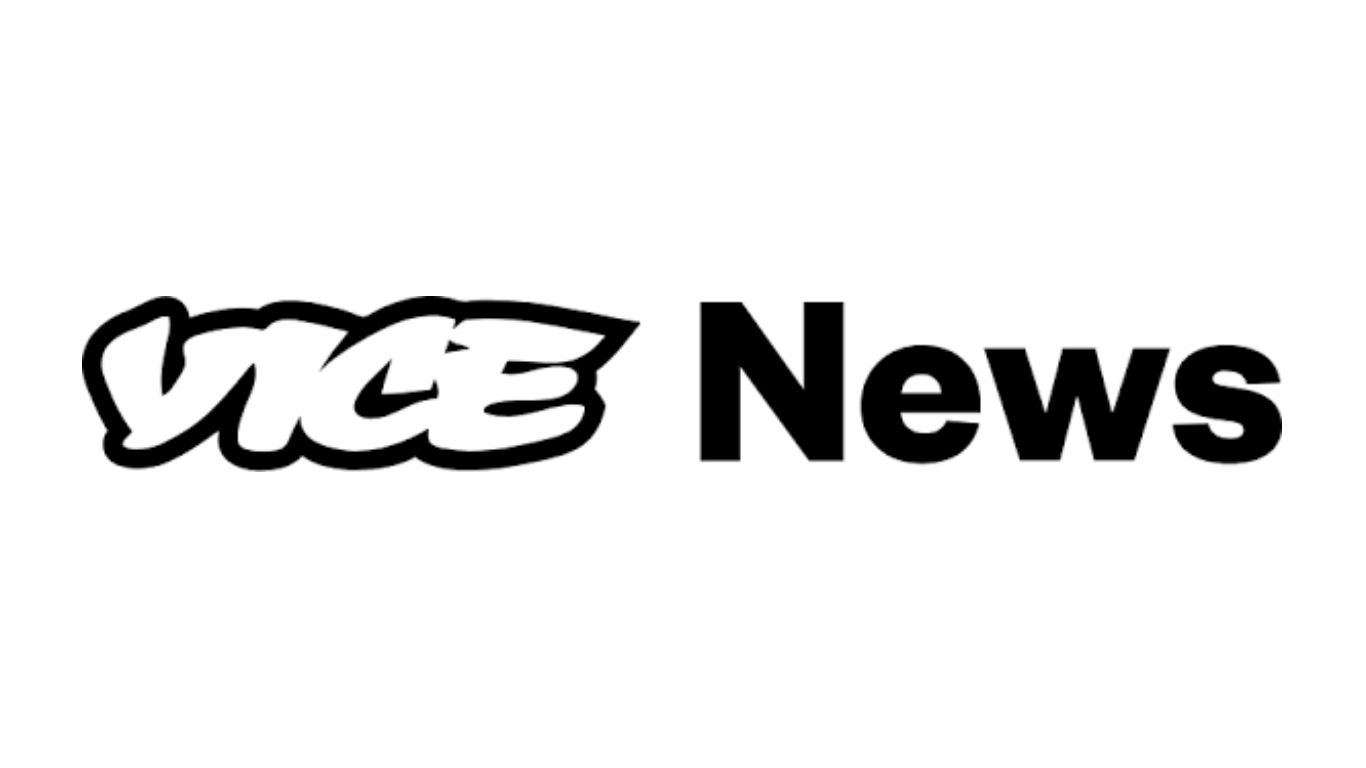
3. Vice
Though Vice bills itself as hip, news service for younger consumers, it is struggling to catch on with the next generation. Google polled 1,100 Gen Zers, ages 13-17, on their opinions of 122 different brands to see what they considered cool. Vice scored a 2.5 out of 10 in awareness and a 4.25 in coolness, edging out only the Wall Street Journal.
Several higher up Vice executives have been embroiled in scandals recently. The company’s president and chief digital officer were both placed on leave after separate sexual harassment and misconduct claims. Though he is no longer with the company, Vice co-founder Gavin McInnes has been in the news for his group, the “Proud Boys.” Labeled as a white nationalist hate group by the Southern Poverty Law Center, The Proud Boys have been linked with racial violence at a number of events.
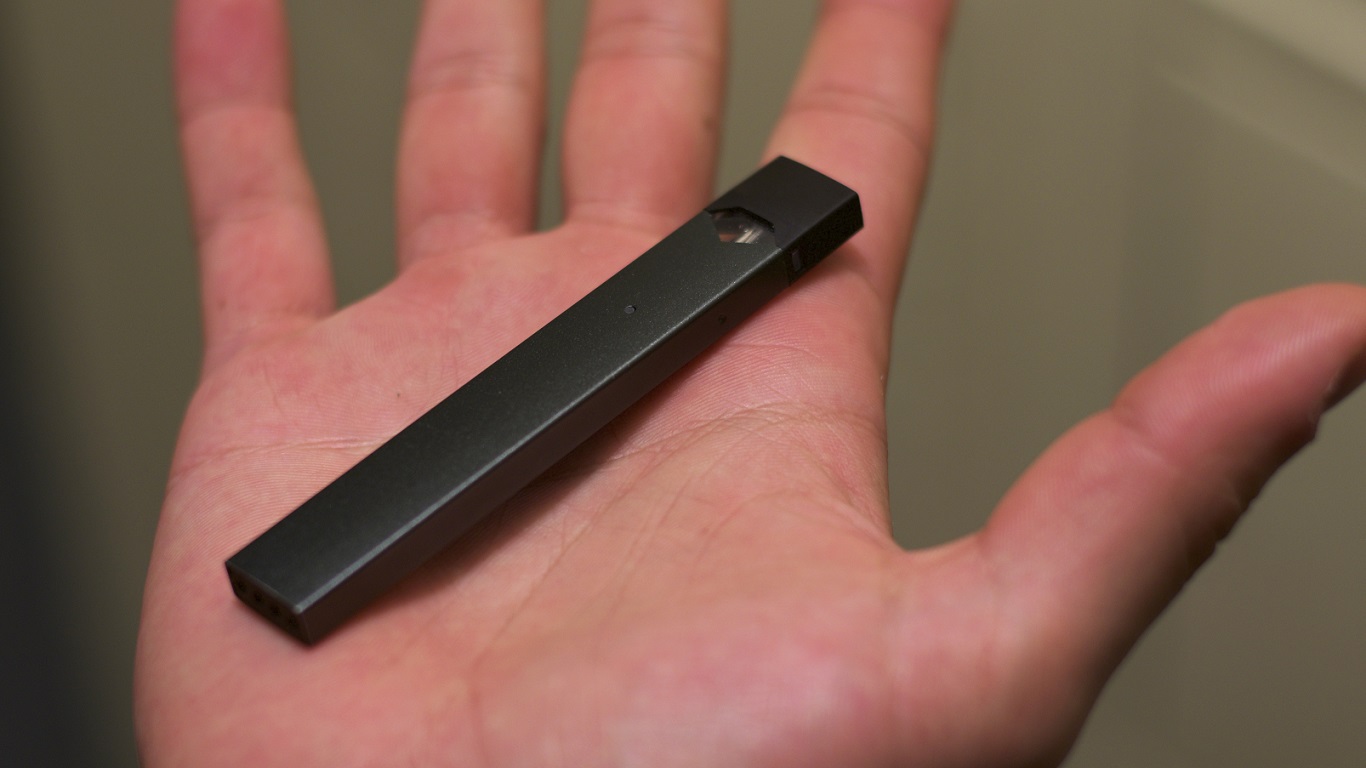
4. Juul company
E-cigarettes manufacturer Juul Labs has been criticized for getting a new generation addicted to nicotine. The company agreed to an FDA request to pull certain flavors of its vaporized nicotine product after it was determined that Juul pods with fruity flavors like mango may be appealing to children.
Though smoking rates among high school students have continued to decline in recent years, e-cigarette usage rates among the age group has skyrocketed, from 1.5% in 2011 to 16% in 2015, according to the Centers for Disease Control and Prevention. Many have blamed the popularity of Juuls for this rise in childhood nicotine use.
[in-text-ad-2]
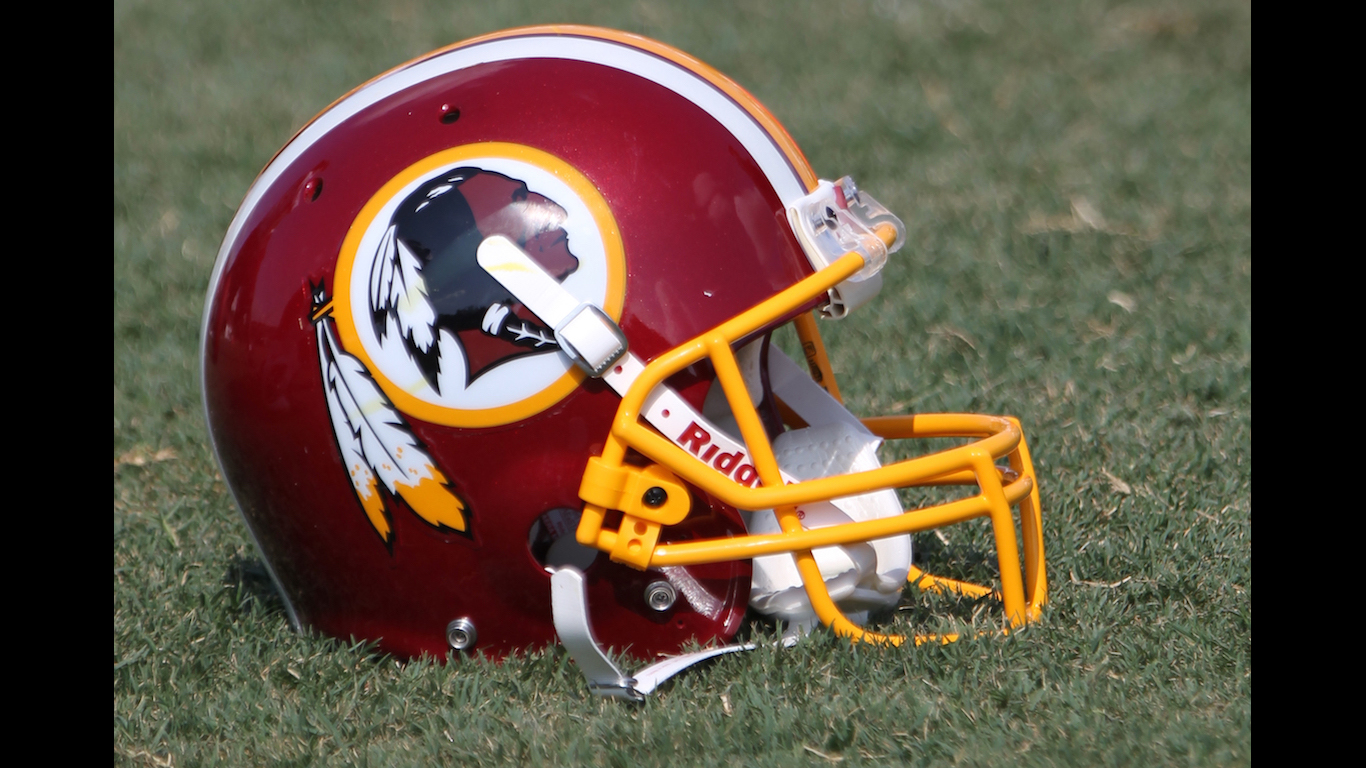
5. Washington Redskins
The Washington Redskins had a rough 2018 — both on and off the field. The team continues to face criticism for the name “Redskins,” which many consider to be a racial slur. In May, several cheerleaders came forward and accused the franchise of “degrading treatment,” including being forced to pose partially nude for a photoshoot and act as personal escorts for male sponsors during a 2013 team-organized trip to Costa Rica. The team disputed these accounts.
Washington took even more heat in November, after acquiring linebacker Reuben Foster on waivers after he was arrested on domestic violence charges — his second arrest for a violent incident, though both charges have since been dropped. The team’s safety, Montae Nicholson, was also arrested on assault charges in December.
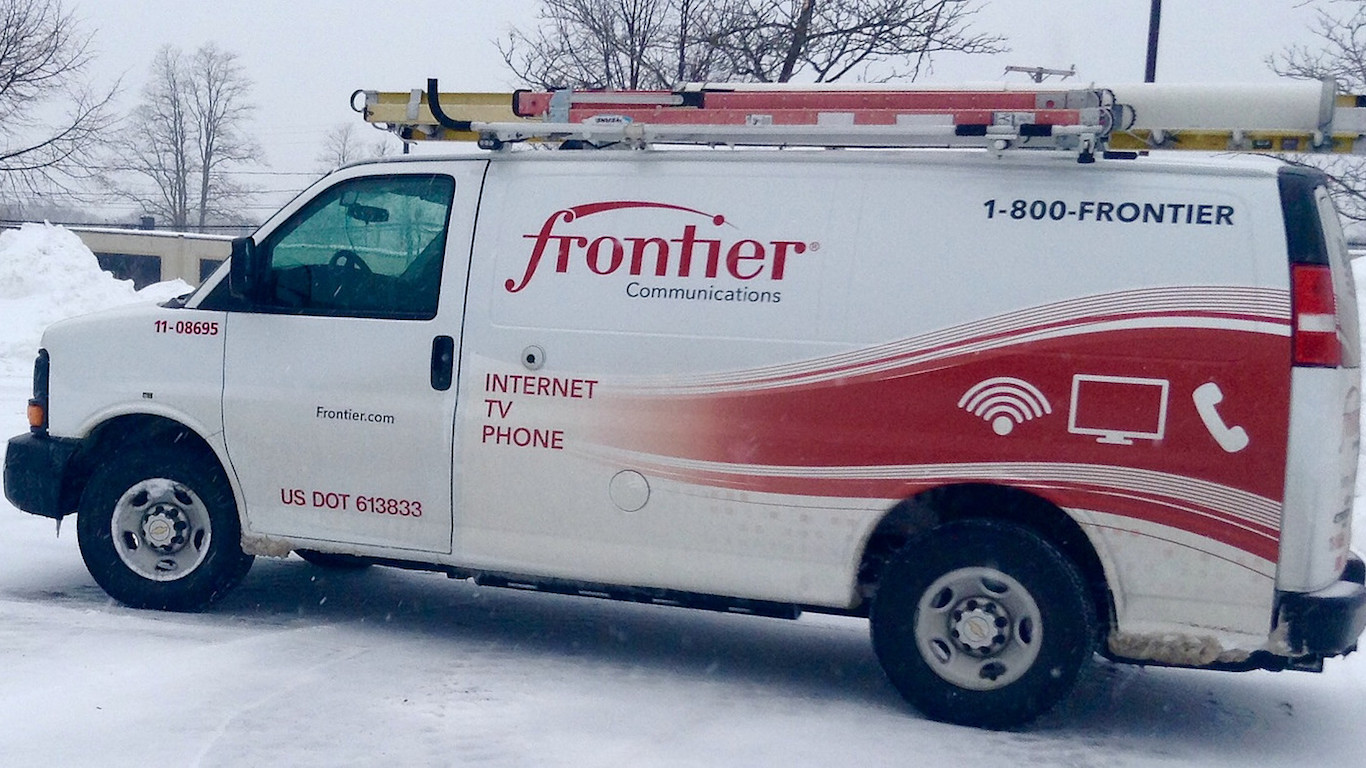
6. Frontier Communications
Like many modern corporations, Frontier Communications provides several services to its customers. Yet none are well reviewed. On the 2018 ACSI, three of the six worst reviewed services are Frontier’s: the company’s internet service scored a 54, the second lowest overall score. Frontier’s subscription TV service scored a 56, and its fixed-line telephone service scored 57. Frontier acquired Verizon’s Fios phone, TV, and internet services in several U.S. states in 2015, replacing those services with its own. In the following years, the ACSI scores of all three of these Frontier businesses have declined.
According to its employees, Frontier is also one of the worst places to work. It has a 2.3 out of 5.0 rating on employee review site Glassdoor, the second lowest of any large company. Just 23% of employees who left reviews on the site would recommend that their friends work there.
[in-text-ad]
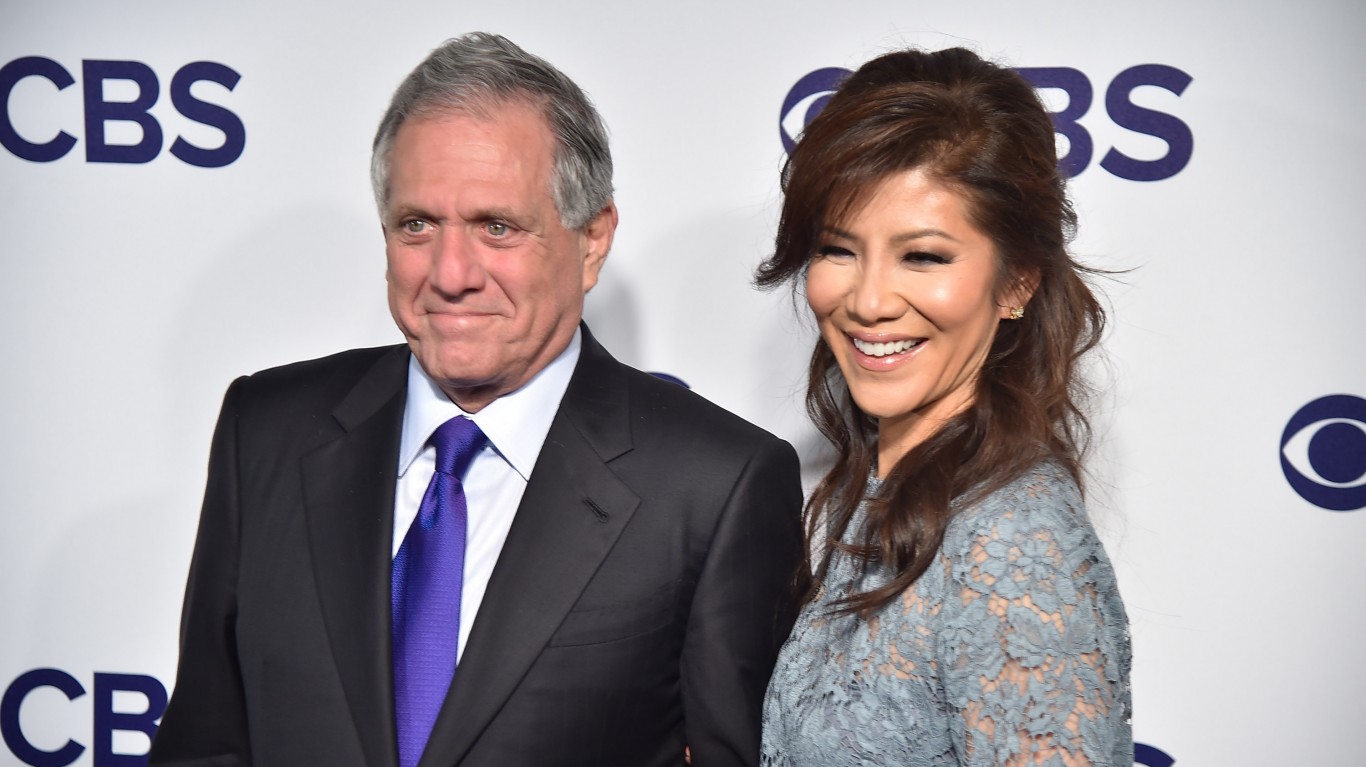
7. CBS
The #MeToo movement has reached all corners of the entertainment industry, implicating many powerful men in incidents of sexual harassment or sexual assault. But CBS has been hit particularly hard by allegations of sexual misconduct at the company’s highest level. CEO Les Moonves was ousted in 2018 after The New Yorker published a report containing allegations from a dozen women that he harassed and threatened female employees for decades. He called the accusations “untrue.”
Days after Moonves left CBS, Jeff Fager, who was the executive producer of “60 Minutes,” also left following accusations by half a dozen women of inappropriate touching. Some also said that he shielded male employees from consequences when they were accused of sexual harassment themselves. Fager denied the allegations. Several other writers, showrunners, producers, and actors associated with CBS programming have also been accused of inappropriate behavior.
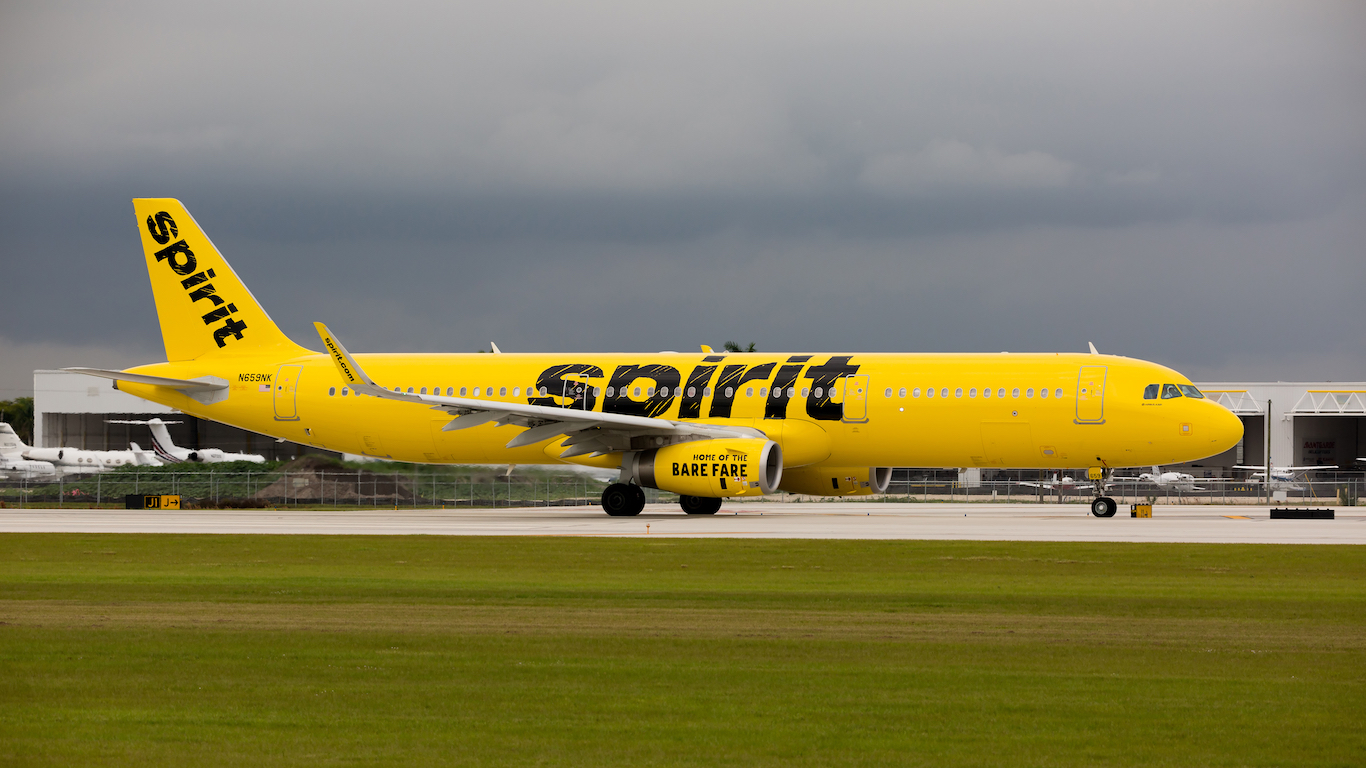
8. Spirit Airlines
Many Americans consider flying a major hassle, and certain airlines can make that experience worse. According to the ACSI, Spirit Airlines has the worst customer experience of any airline in the country. Its score of just 62 was significantly below the airline industry score of 73.
Though Spirit Airlines’ public perception has slightly improved over the past several years, it is still the airline Americans least enjoy flying. Fliers are nearly three times as likely to lodge a complaint against the no-frills, discount airline as they are against the average airline.
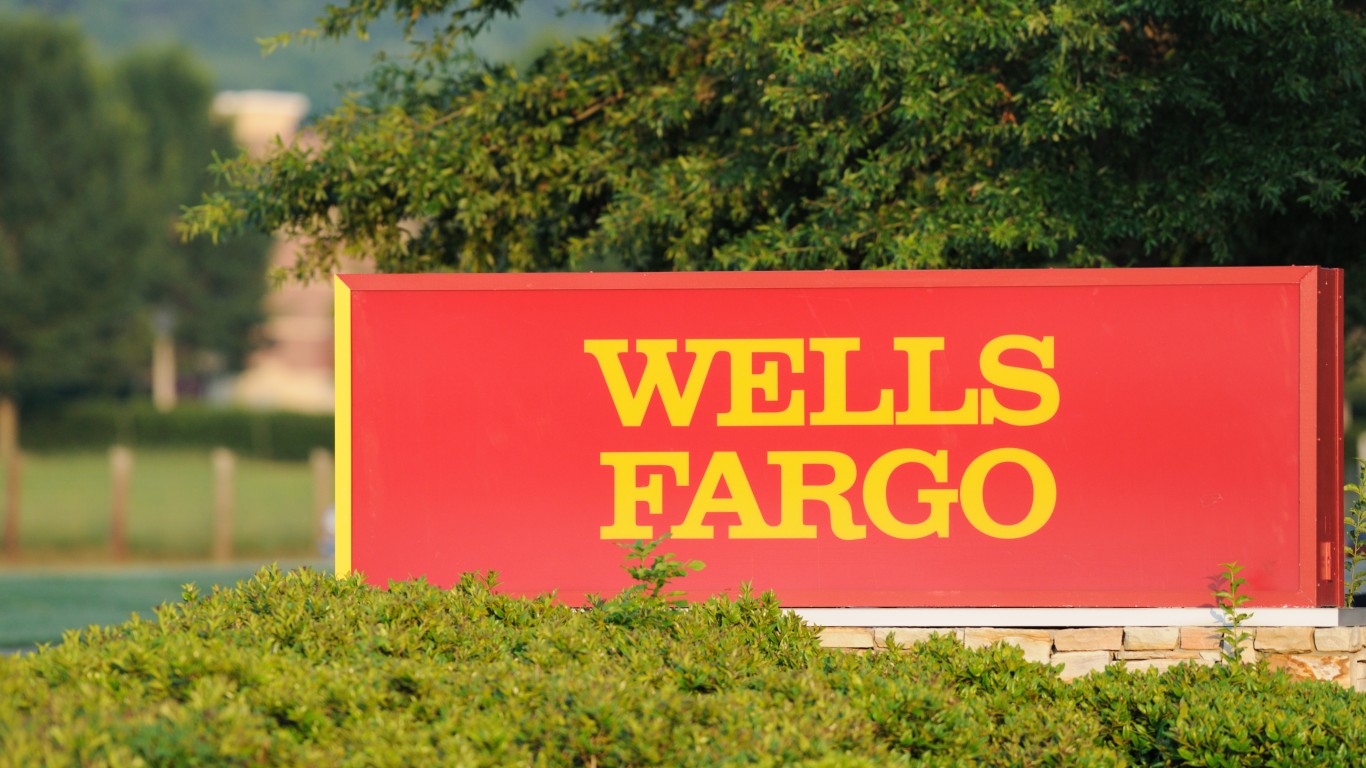
9. Wells Fargo
Wells Fargo has the worst customer service score of any of the major banks rated by the ACSI, at 74. While many national banks sustained serious damage to their reputations in the years following the subprime mortgage crisis because of their involvement and complicity in the events leading up to it, Wells Fargo’s PR woes continue.
The bank took a much more recent hit to its reputation after it came to light that company employees had been creating fake customer accounts in order to meet quotas and inflate company revenue. In the aftermath of the scandal, Wells Fargo CEO John Stumpf stepped down. But even after Stumpf left, revelations about the company’s underhanded dealings continued to pile up. In February of 2018, the city of Sacramento accused the bank of engaging in illegal lending to low-income communities.
[in-text-ad-2]
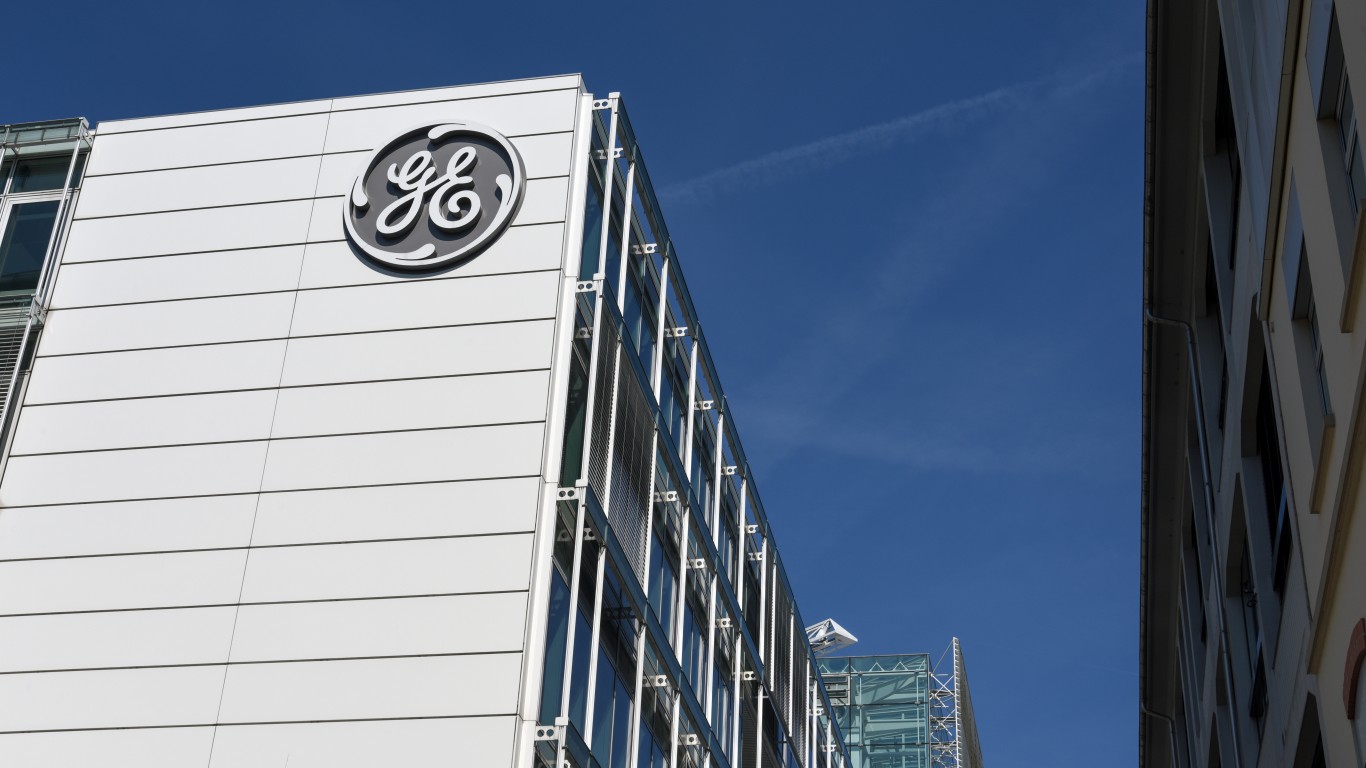
10. GE
According to a BrandZ report, General Electric lost nearly a third of its brand value in 2018 as a result of repeated failures and setbacks across the conglomerate’s numerous business units. GE’s tough year began when it announced insurance liabilities from a past venture would cost the company $6.2 billion right away and $15 billion over the next seven years.
The company was investigated by the Securities and Exchange Commission for misstating financial reports over two years. These issues, combined with mounting debt, have taken a toll on GE stock. Over the past year, GE’s share price dropped from $18.54 to $8.56.
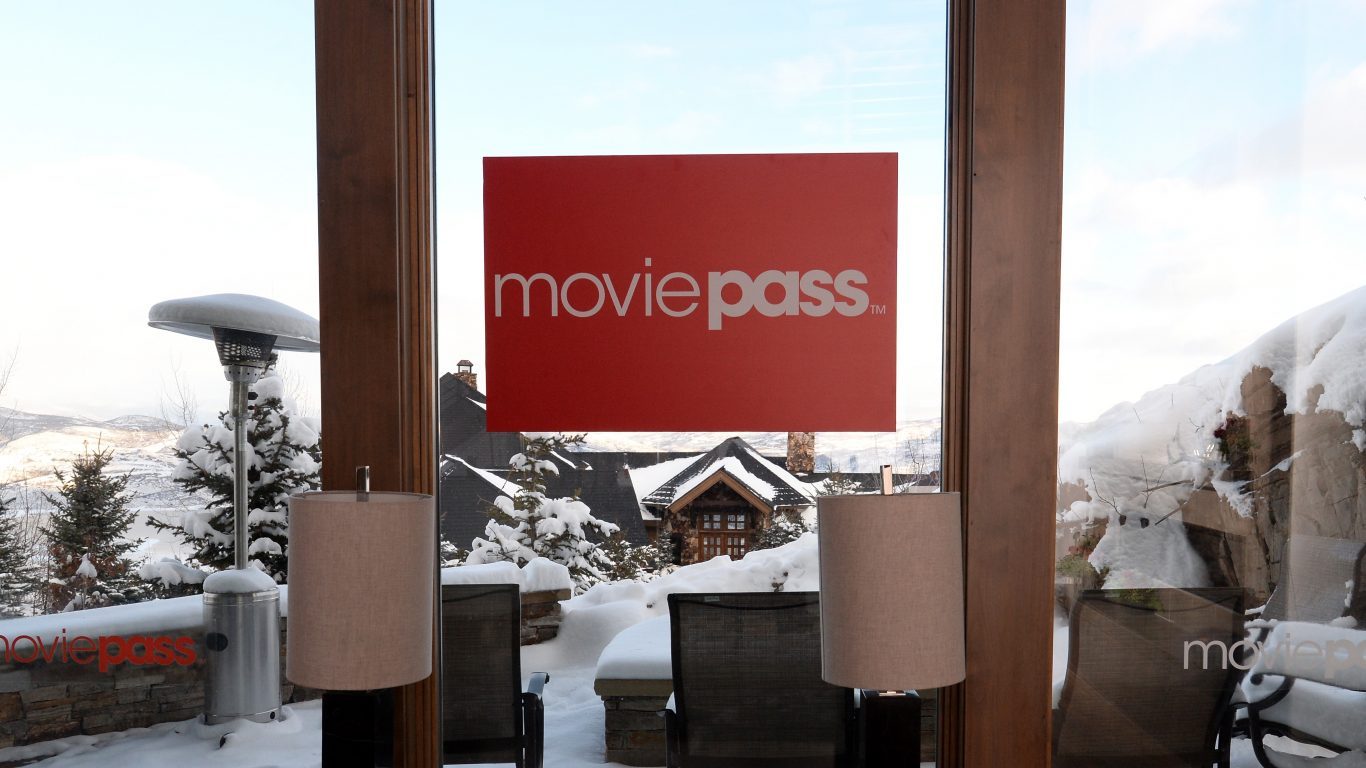
11. MoviePass
MoviePass has limped its way into 2019, facing constant struggles and doubts about its long-term viability. The service provided users with access to one movie a day for $9.95 per month. The company had hoped it could sell data about which movies users preferred to studios and movie production companies, offsetting the cost of all those tickets. Yet this business model has not proven effective, to the disappointment of users and shareholders alike.
The service actually ran out of money in July and was unable to provide movie tickets to users for a day. Parent company Helios and Matheson had to take out an emergency $5 million loan to stay afloat. Several subsequent outages and glitches have caused headaches for users and cast doubt on how long the company can survive. Helios and Matheson’s stock price fell from more than $1,700 per share in early 2018 to less than 2 cents by the end of the year.
[in-text-ad]
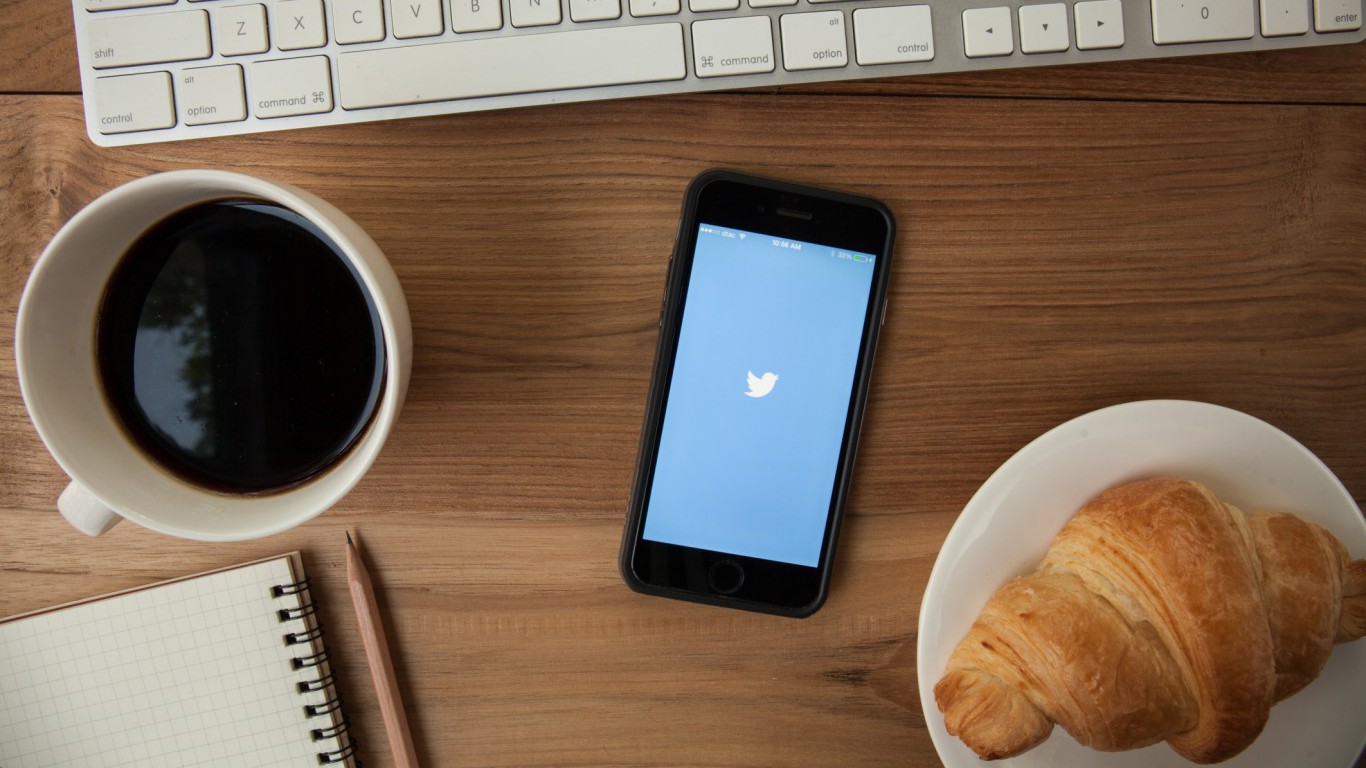
12. Twitter
Twitter faced a number of public relations issues in 2018, largely due to hate speech and misinformation on the platform. Women, particularly black women, face frequent harassment on the site. An Amnesty International report found that “One in ten tweets mentioning black women was abusive or problematic, compared to one in fifteen for white women.”
Conspiracy theorists and bots were highly active on the site, particularly in the runup to the 2016 election, often in ways that did not become clear until much later. Twitter’s stock price peaked in July 2018 at more than $45 a share, but after the site purged 1 million fake and abusive accounts, noticeably reducing its number of active users, its stock price dropped by more than 20% to end the year trading at less than $29 a share.
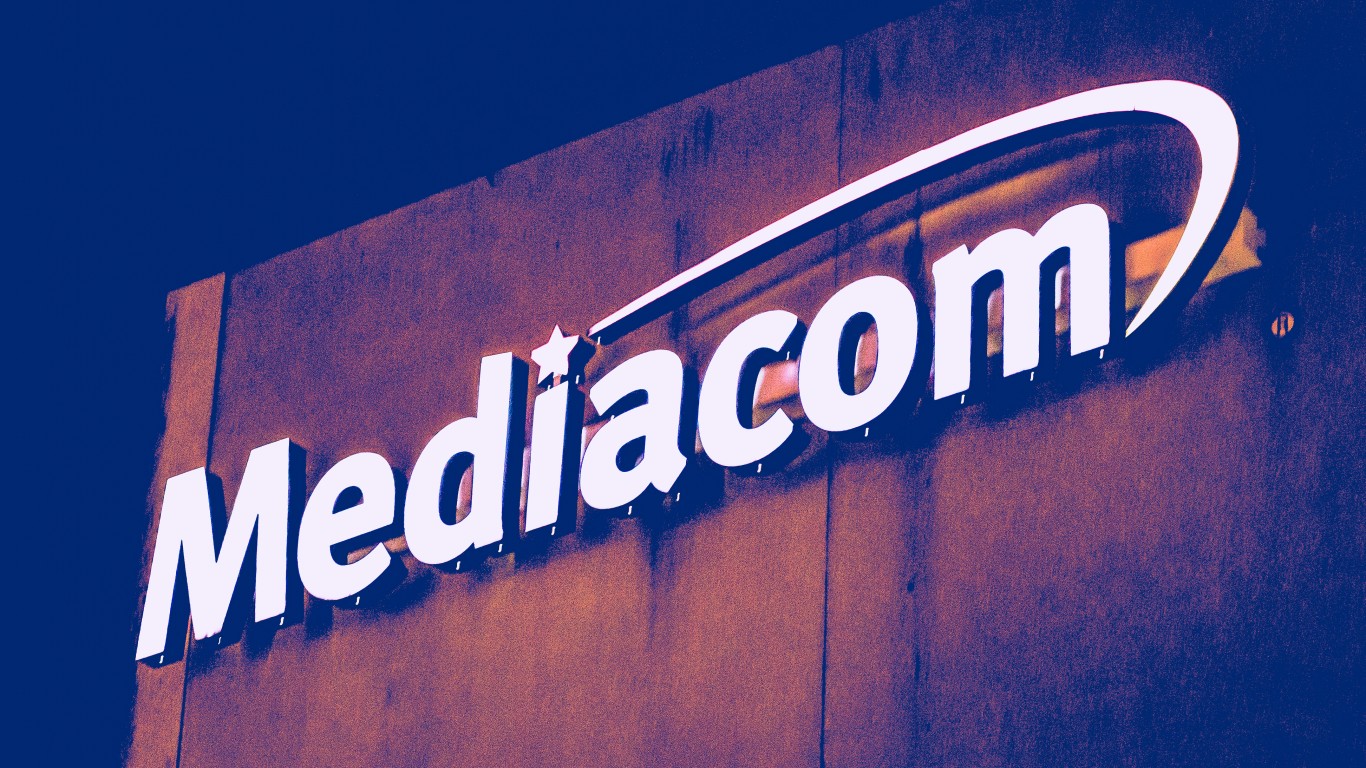
13. Mediacom
Telecom companies, such as internet, phone, and television service providers, are the worst rated types of businesses on the American Customer Satisfaction Index. But even among internet service providers, Mediacom is especially reviled. According to the ACSI, Mediacom has the lowest customer service rating in 2018, scoring a 53 out of 100. The typical internet service provider scored a 62.
Mediacom’s satisfaction score dropped by five points from the year before, the largest drop of any company. The company provides internet services in 22 states, primarily in the Midwest and South, often in rural, low-population communities where there is little competition. One Alabama town has become so frustrated with Mediacom’s broadband service that the mayor threatened to have the city government become its own ISP.
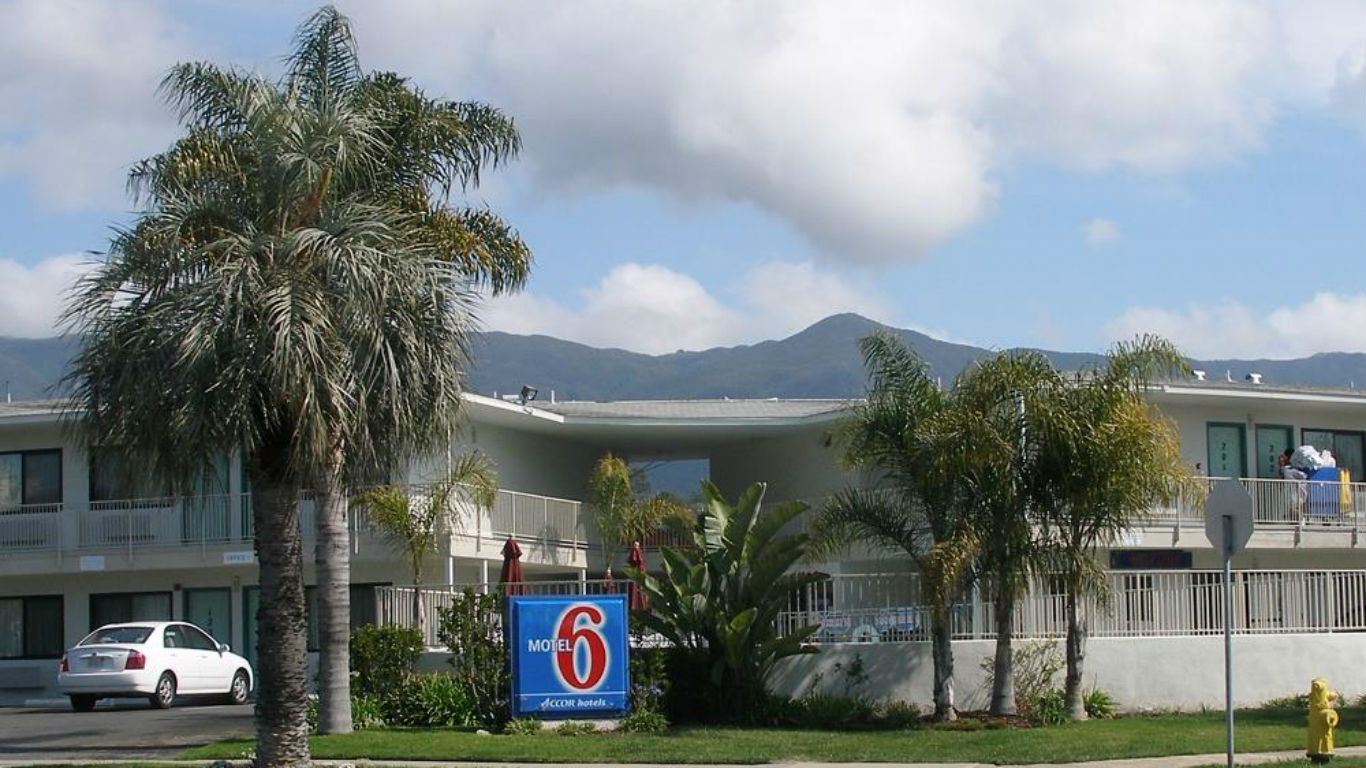
14. Motel 6 (G6 Hospitality)
G6 Hospitality LLC is the parent company of several hotel chains, notably Motel 6. The company recently settled a class-action lawsuit filed by eight hispanic guests. The plaintiffs stated that Motel 6 violated their privacy policy by sharing their information with U.S. Immigration and Customs Enforcement agents. The suit was filed after it came to light that roughly 20 Mexican American immigrants had been arrested at several Motel 6 locations in Arizona.
The company’s poor relationship with its customers extends beyond immigration-related harassment. In the ACSI, the company scored a 65, easily the worst among hotels and one of the worst scores of company in any industry for 2018.
[in-text-ad-2]
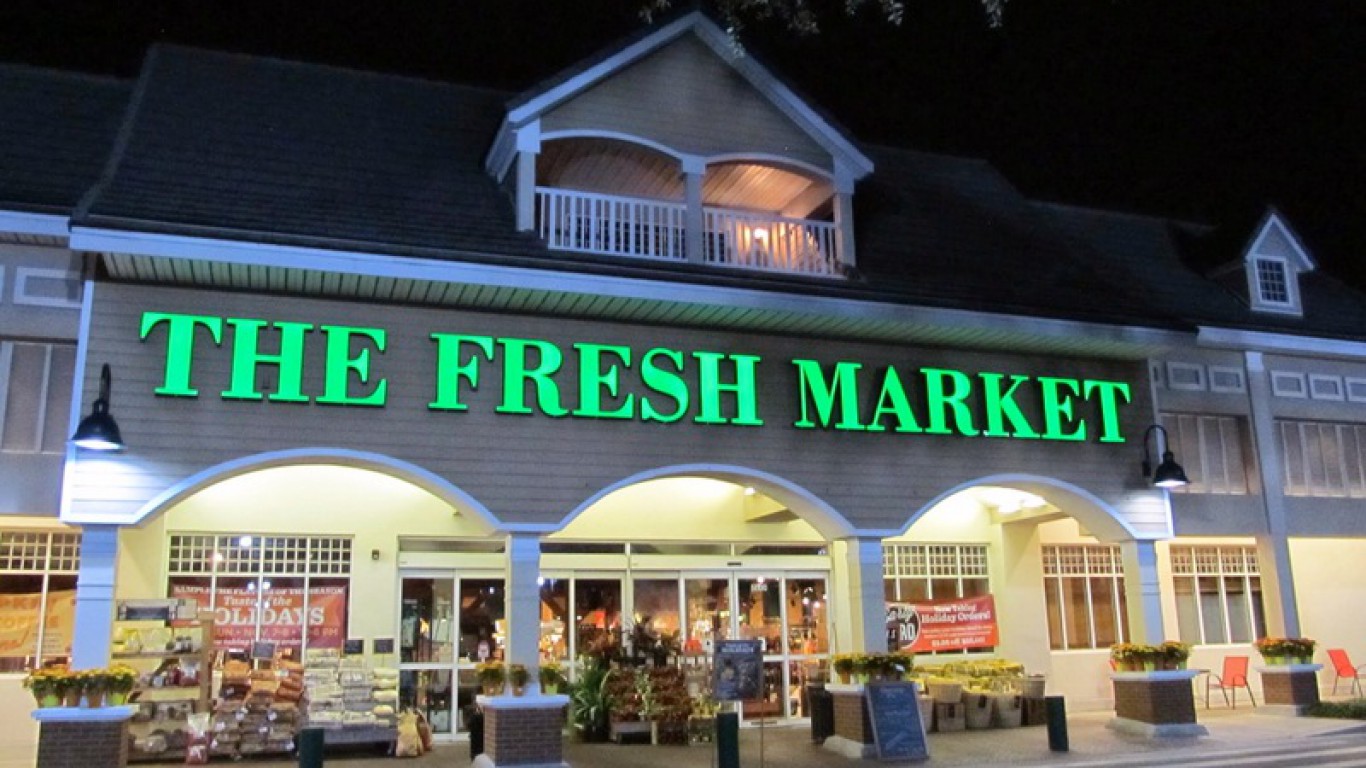
15. The Fresh Market
The Fresh Market is a grocery store located in the Eastern United States. It is rated as the worst place to work among major employers, according to Glassdoor reviews. Among the 1,600 employee reviews, the average score is just a 2.2 out of 5. Also, only about a quarter would recommend their friends work at the grocer.
Employees often expressed frustration with the company’s corporate management, as just 27% of employees who left a review said they approved of the company’s CEO. And it seems conditions may be worsening. The Fresh Market’s Glassdoor ranking has continually dropped over the past year, and just 21% of employees reviewing the company said they had a positive outlook for the business.
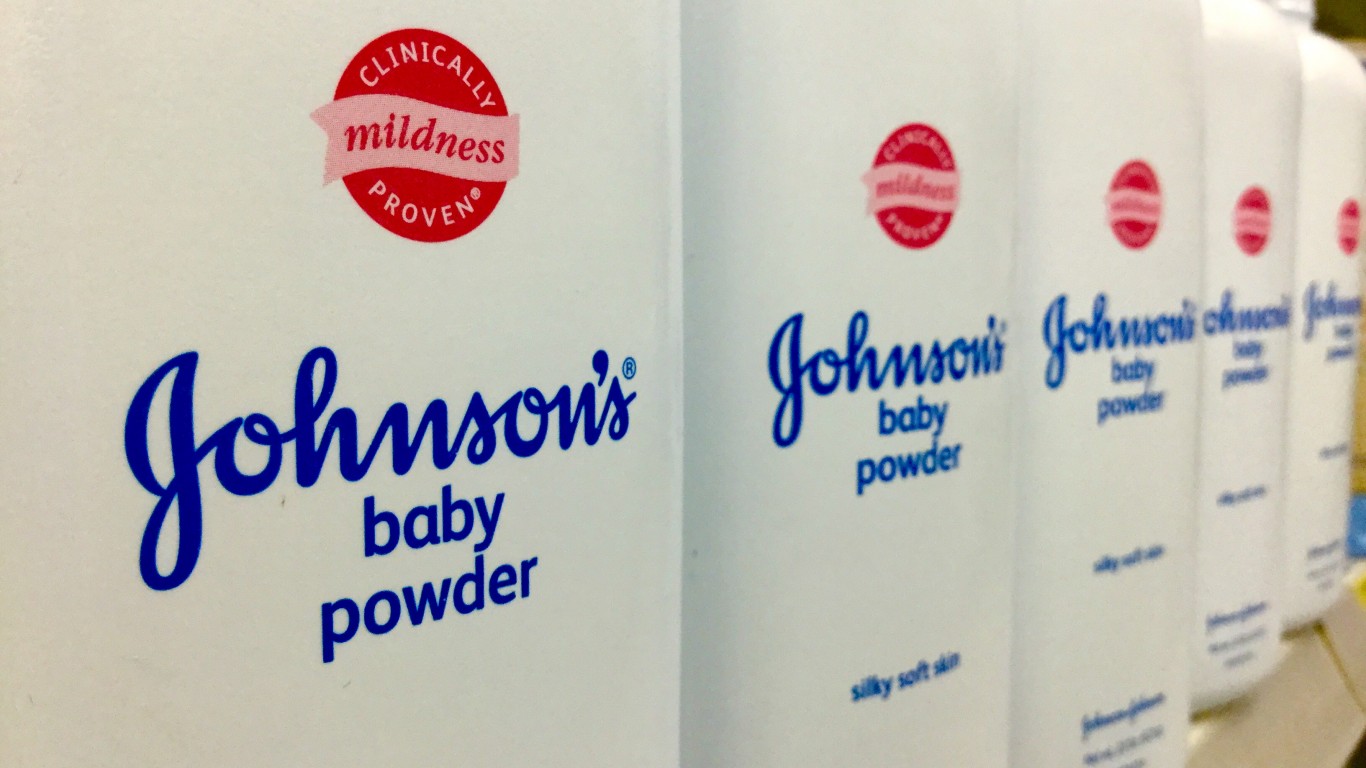
16. Johnson and Johnson
Johnson & Johnson shares plummeted in December after a Reuters report claimed that the company knew for more than 40 years that its baby powder contained asbestos, which is known to cause cancer. The company responded to the article, calling it “false and inflammatory.”
This was not the first time the company faced accusations of knowingly putting its consumers at risk. In July, a Missouri jury awarded $4.69 billion to 22 women who claimed Johnson & Johnson talcum powder gave them ovarian cancer. There are more than 11,000 lawsuits against the company pending for similar claims.
[in-text-ad]

17. Purdue Pharmaceuticals
Purdue Pharma, according to a 2018 New York Times story, knew its powerful painkiller, OxyContin, was being abused shortly after it debuted in 1996. Yet Purdue Pharma continued to market the opioid as having a lower risk of addiction for years. Prosecutors recommended that three Purdue executives be indicted on felony charges, but the Justice Department settled the case in 2007 for lesser charges and a $634.5 million.
Justice Department officials told The New York Times that, had the Purdue executives been more severely punished, it may have sent a strong message to the pharmaceutical industry and stopped the opioid crisis before it began. Since OxyContin was released, more than 200,000 Americans have died from opioid overdoses. Purdue has faced thousands of lawsuits, from individuals, cities, and states, over its role in the opioid crisis, as many of those lawsuits claim the company fraudulently marketed the drug.
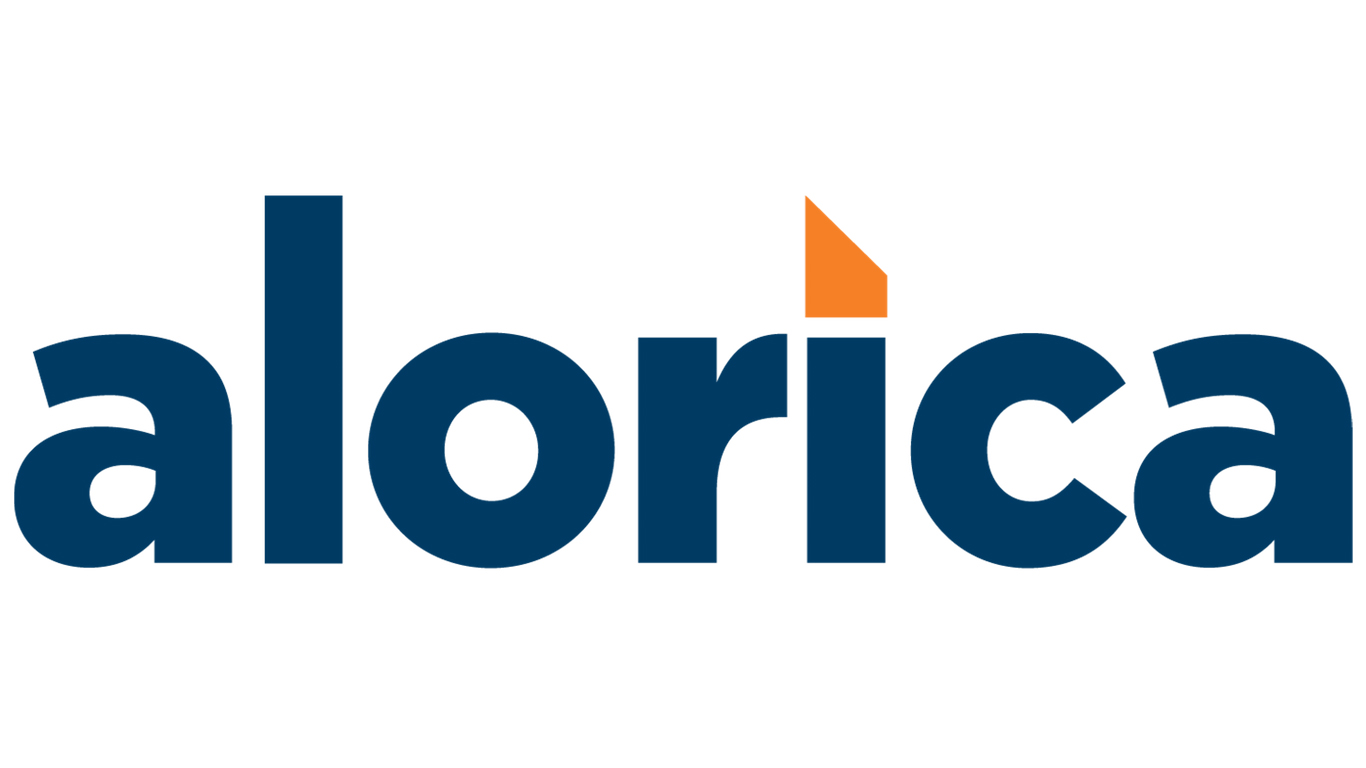
18. Alorica
Call centers are one of the most universally disliked types of businesses. Irvine, California-based call center Alorica certainly fits the bill — and more. In addition to customer service call centers, it offers debt collection services — both types reviled by customers and frustrating for employees.
In addition to frustrated customers, Alorica’s employees also appear to have issues with the corporation. Alorica has a 2.5 rating on Glassdoor, one of the lowest of any major employers. The company also settled a sexual harassment lawsuit from dozens of employees for $3.5 million in August.

19. Pacific Gas & Electric
The devastating Camp Fire that blazed through Butte County, California, during the fall of 2018 killed 86 people and destroyed an estimated 14,000 homes. Though the cause has not been officially determined, many are pointing the finger at utility company Pacific Gas & Electric..
Investigators are determining if damaged equipment may have started the fire. PG&E may be liable for at least $30 billion — not including penalties, fines, or damages — according to CNBC. Some at the company may even face murder or manslaughter charges, according to California Attorney General Xavier Becerra. The blaze was the deadliest in the state’s history.
[in-text-ad-2]
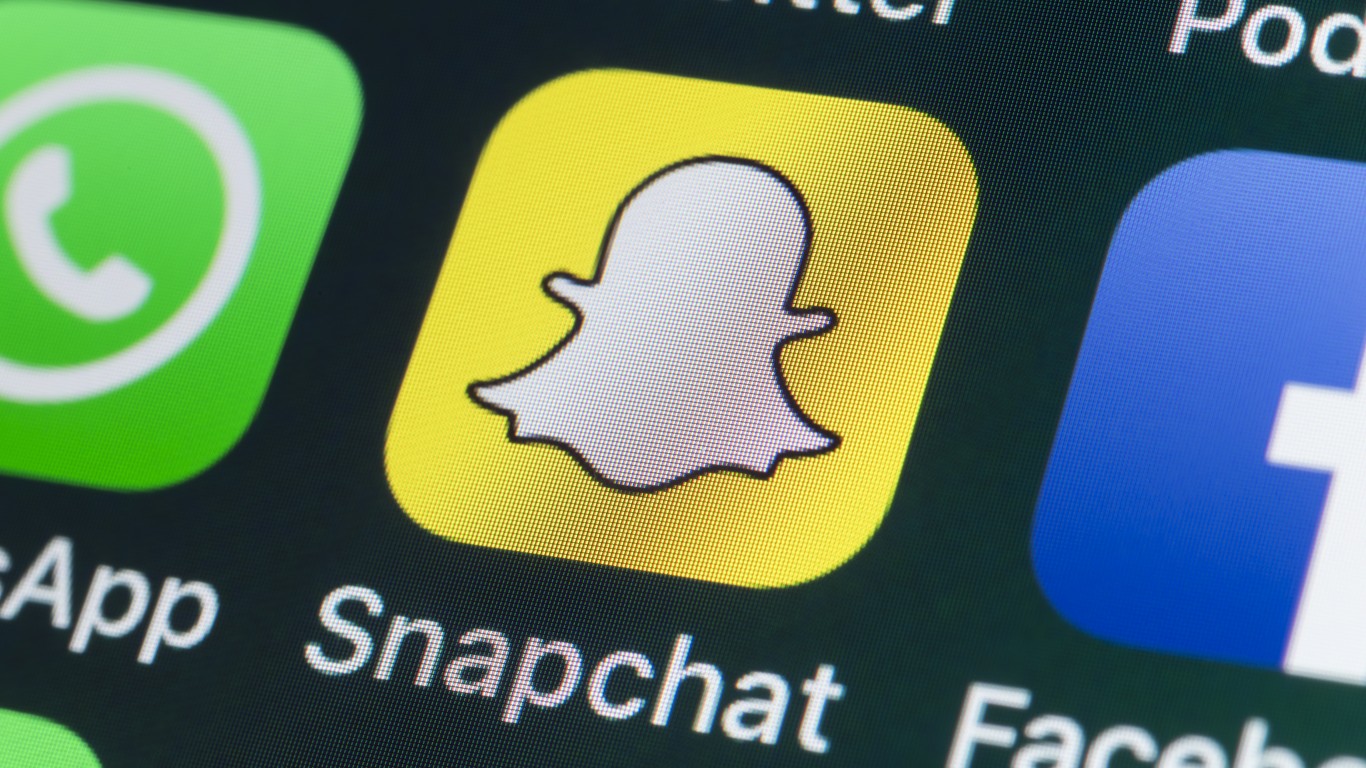
20. Snap
Once a major player in the social media marketplace, Snapchat’s parent company Snap Inc. has hit a series of hurdles and became much less valuable as a result. An early 2018 update to the app’s designs and features was widely disliked by users and may have contributed to the loss of 3 million daily users during the second quarter of 2018, including some major social media influencers like Kylie Jenner and Chrissy Teigen. Instagram adapting a similar service, called Instagram Stories, likely also contributed to Snapchat’s user loss.
Snap’s problem continued, as 2 million more daily users abandoned the company in the third quarter. The company lost a reported $40 million in its first attempt at launching the product in 2016. Snap is now facing a subpoena from the Securities and Exchange Commission and the U.S. Department of Justice over accusations the company had artificially inflated user numbers ahead of its 2017 initial public offerings.
After two decades of reviewing financial products I haven’t seen anything like this. Credit card companies are at war, handing out free rewards and benefits to win the best customers.
A good cash back card can be worth thousands of dollars a year in free money, not to mention other perks like travel, insurance, and access to fancy lounges.
Our top pick today pays up to 5% cash back, a $200 bonus on top, and $0 annual fee. Click here to apply before they stop offering rewards this generous.
Flywheel Publishing has partnered with CardRatings for our coverage of credit card products. Flywheel Publishing and CardRatings may receive a commission from card issuers.
Thank you for reading! Have some feedback for us?
Contact the 24/7 Wall St. editorial team.